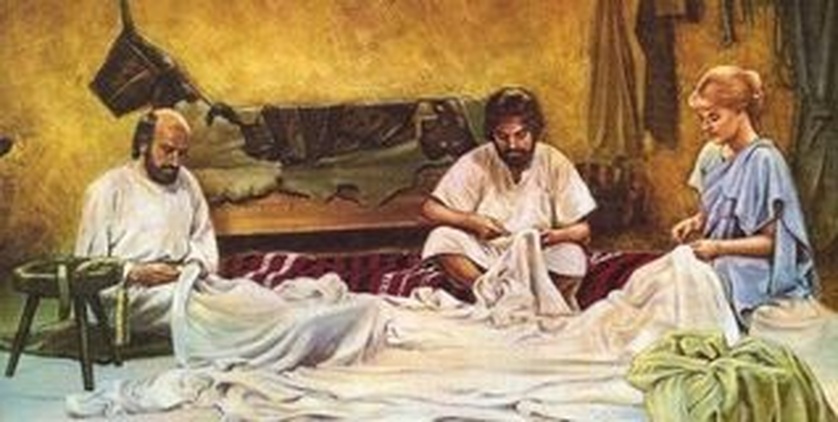1 Capital is a tool to organize. When ones says that Elon Musk or Bill Gates is worth (X) billions of dollars he is really saying that they have the property rights to to organize (X) amount of warehouses, (X) amount of employee working hours, (X) amount of trucks, (X) amount of servers, etc. These rights can be exchanged ― in what we call a "transaction" ― to organize other resources in the monetary system. Monetary wealth is a measure of the amount of property rights of an individual has to organize resources inside the monetary system. The value of Capital exists in its organizational power.
2 But people also organize themselves in ways that are not recorded by the monetary system (e.g through media, unions, churches, conventions, government, universities, NGO's, etc.) in their "free time". The effects of organizing a volunteer community food drive as opposed to buying the food directly may be the same ― people getting fed ― but the first requires much less involvement in the monetary system than the latter. People spend thousands of hours with their friends and family giving comfort, support and consultation to them without expecting any exchange of currency. One does not need to touch the monetary system to work in groups, to help others, and to have a high influence over things. One can still organize a family and a movement while being minimally involved in the monetary system and while having a low 'net worth'.
2 Working outside of the monetary system can actually be liberating. In the current year, if one is working mostly outside the monetary system he does not need to worry about ESG or CBDC sanctioning his ability to organize because he is untouchable operating completely outside of that game. He is operating with personal connections and not in this weird dystopian top-down micro-managed society which is where the monetary system is currently trending towards. With increasing rules of use currency loses its ability to organize ― its value ― and alternative currencies or methods of organization outside the monetary system becomes more flexible in comparison.
3 A few things, however, cannot be obtained of the monetary system easily in the no matter that amount of connections you have. If one wants to eat, sleep and travel he can't easily turn words, politics, communities etc. into food, gas, plane tickets, shelter without first going though the intermediary of capital.
4 Paul the Apostle was a tent maker and that is how he made a living to interact within his monetary system. Paul did not become influential though his day job, and in the Jewish tradition many rabbis were expected to learn a trade. Paul became influential through his writing and the Churches that he founded. Those living in poverty can be just as free and influential as a billionaire.
